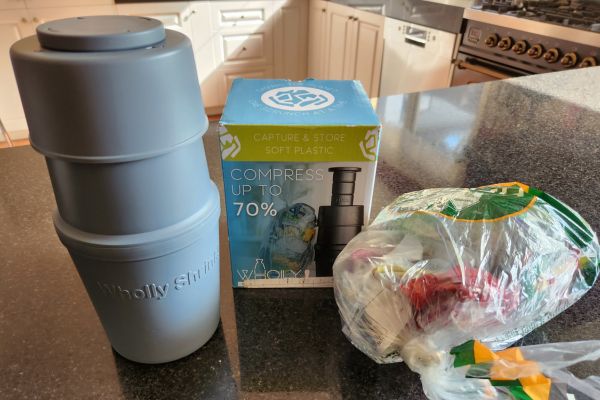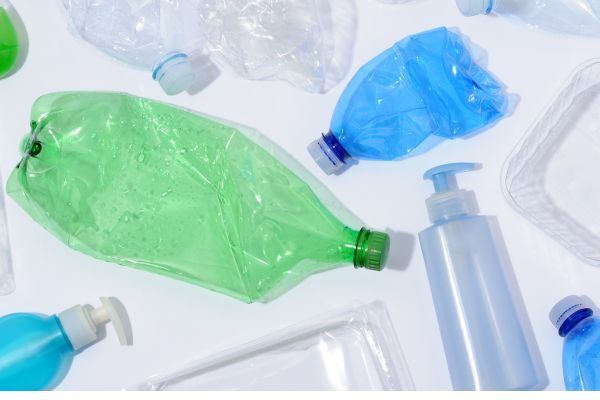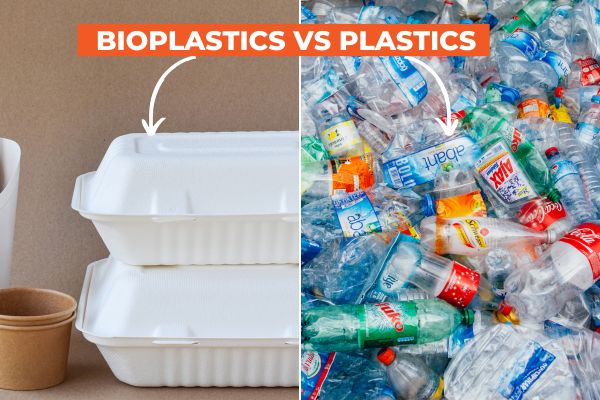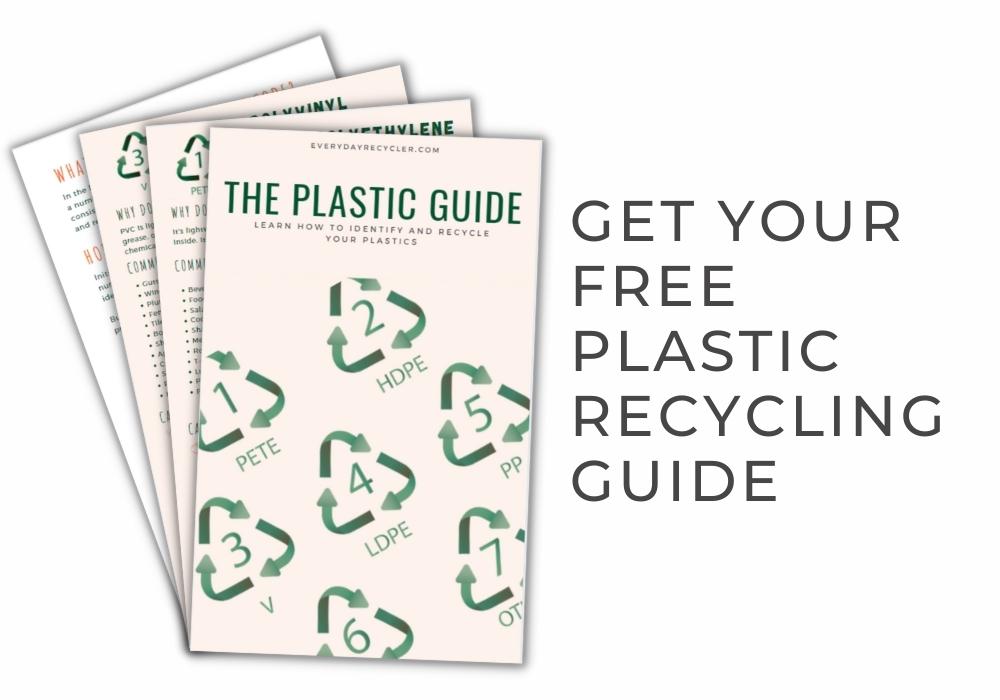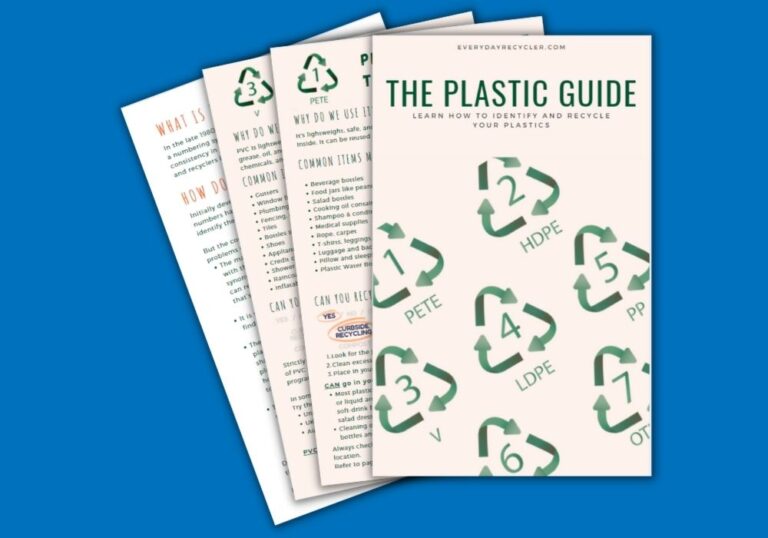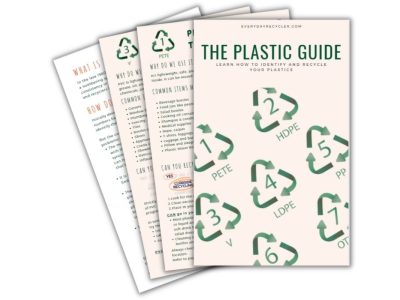Our system of capitalism is largely powered by consumerism. Every time we make a purchase, we send a signal to the wheels of capitalism that says, “do more of this.” Whether we recognize it or not, we are largely in control of the system based on how we spend our money. This is what it means to be a Conscious Consumer.
The companies and industries we support thrive, and those we avoid waste away. Each time we spend our money, we are essentially voting with our wallets. We are constantly shaping the future, but all too often, we are doing so blindly and without realizing the implications. The majority of us today are unconscious consumers, so how can we raise the collective consumer consciousness?
What is a conscious consumer?
To be a conscious consumer means to be mindful of the products or businesses that we support and those that we neglect. This is a very powerful tool if wielded properly.
Unlike normal consumers, conscious consumers take the extra time to look at the lifecycles of their goods. This starts with asking questions about where the products were made and by whom.
Were the products made using fair trade values, or were impoverished communities taken advantage of to reduce costs? Were the suppliers given a price comparable to the end value, or did the middlemen take most of the profits? Is it made from new materials that were shipped thousands of miles, or was it made locally?
These are some of the basic questions that a conscious consumer would ask. From there, the investigation can go further and deeper, depending on the individual values of that consumer. Consumers who are concerned about the environment might want to know about the product’s carbon footprint. Whereas those more concerned with social equality may be more concerned with the diversity in the companies selling it.
Whatever your personal values and morals are, as consumers, we are responsible for shaping the markets using informed decisions about where our money is spent and which industries we put our support behind.
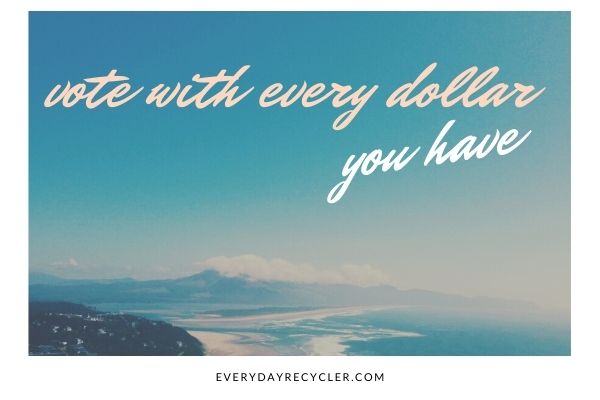
Why are consumers becoming more conscious?
In a perfect world, consumers would be well informed and aware of the impact their spending has on society as a whole. Unfortunately, for most of the population, this is not currently the case. In a study from Finland looking at the consumer perceptions of meat’s environmental impact, 40% were unsure, and only 8% were highly conscious.
What the study found is that a large portion of consumers had no idea how their meat preferences were affecting the environment. Only a very small minority were mindful of the larger impact of their decisions.
So, to achieve higher consciousness among consumers, we need more education on the issues. Many companies have actively integrated education and awareness into their marketing, contributing to increased consumer consciousness.
This new form of marketing is a major shift from the marketing of most of the 20th century, which relied on deception and appealed to more basic emotions. Today’s marketing is more focused on what has been dubbed cause-related marketing (CRM). This type of marketing not only satisfies the consumer, but it “solidifies corporate philosophy and makes the world a better place”.
How to Get Companies to be More Responsible
So, if the goal of having educated and conscious consumers largely rests on realizing a shift to cause-related marketing, how do we force that to happen? The answer does not lie in policy change or government but in changing society’s perception of the company-consumer relationship. Rather than companies viewing consumers solely as the source of profits, they need to view them as the source of direction and control.
If we blindly purchase from the companies with the cheapest goods, catchiest ads, and brightest packaging, then the future will be full of those types of companies.
We need an ever-increasing minority of enlightened and mindful consumers that help push the scales towards corporate social responsibility. Even while in the minority, these consumers can make a huge impact.
Take, for example, the clothing industry. Like those we work with, many companies are shifting to producing clothing from recycled goods or waste products like marine plastics. You can learn more about these great companies in our Brand Directory.
Every time you buy one of these products, you send a message to those doing this work that you support their efforts.
At the same time, you are sending the message to those using virgin materials that you don’t support them. And, you are sending that message to the place they are most likely to see it – their bottom line.
With every responsible purchase, you are taking something away from the side of the scale held by unsustainable manufacturing and corporate culture and putting it on the side of responsibility.
How you can become a conscious consumer?
Talking about being a conscious consumer is easy, and most of us probably feel we are already doing this.
However, it is important to remember that not all those who claim to be doing things right really are. Following the rise in consumer awareness over the last few decades, marketing has shifted towards suitability, even if it does not actually exist. Many large corporations are involved in green-washing rather than green action.
All around us, we can see companies claiming to be more sustainable without actually taking steps to do so. When we hear advertisements about things like ‘clean coal’ or see gas-guzzling hummers with an eco-certificate, we need to see that we are being fooled.
To avoid the pitfalls of dishonest marketing, consumers must do their research. This means looking up the claims that companies make, checking their ratings, and looking up news stories about their company policies and ethics. Only by being vigilant in this effort can consumers be aware and avoid being deceived by marketing practices.
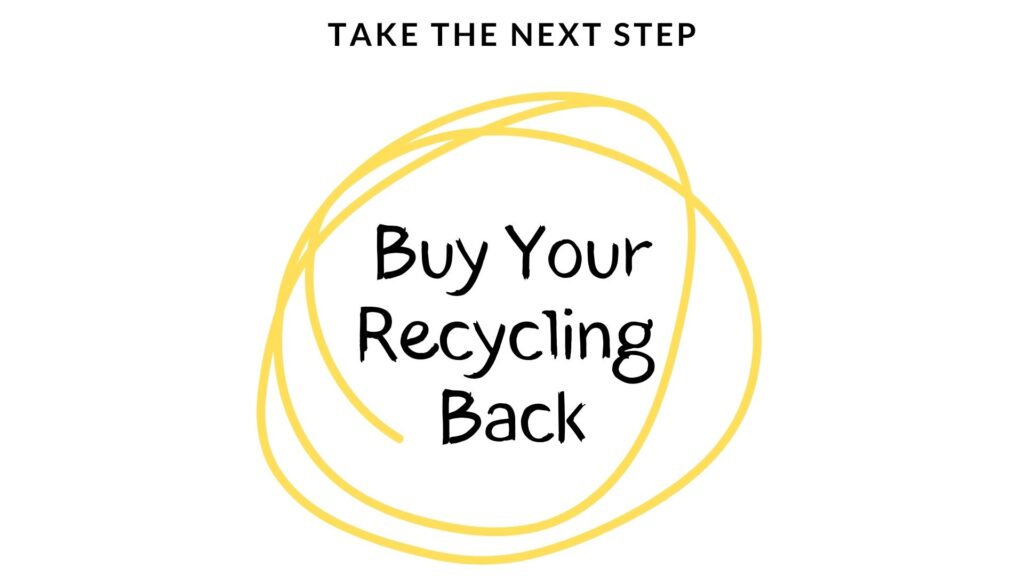
But often, it can be hard to be constantly vigilant in these efforts when we have so much other stuff going on in our lives. Of course, we all feel that way, which is why it is important to also spread the word. Tell others about the information and experiences you have with companies, both good and bad.
You can also look for small signs. For example, if you buy clothing that claims to be sourced sustainably but then arrives in plastic packaging with marketing materials printed on unrecycled paper, then how responsible can that company really be?
As you develop your consumer awareness, you will start to see these signs more and more. Companies that have responsibility and sustainability at their core will apply it in all situations, and those doing it to reach new demographics will only do so in piecewise measures.
The Wrap
So, now that you know how powerful your purchases are, you have an incentive to wield your purchase power responsibly.
By voting with your wallet, you are shaping the future of our society.
Rather than doing so blandly, we hope that you will do so with mindfulness and intent. By raising our personal and collective consumer consciousness, we can step up to take the reins that shape the future we want for ourselves and those who come after us.








